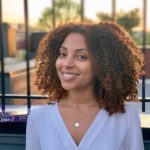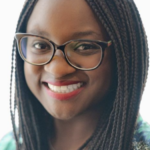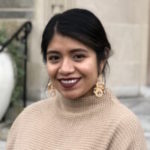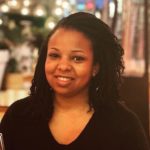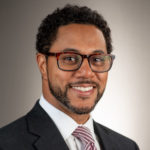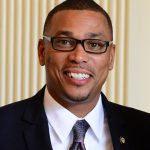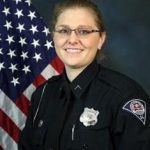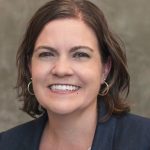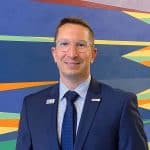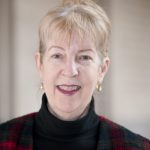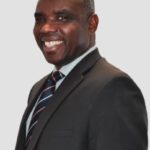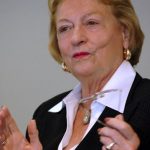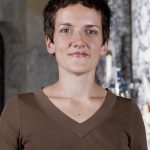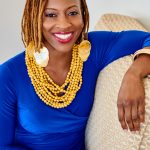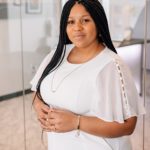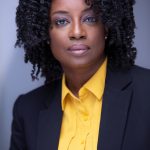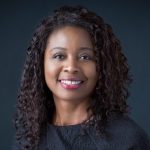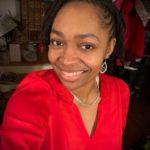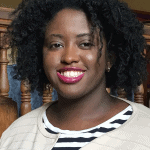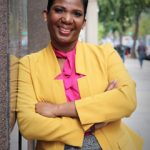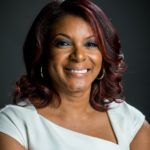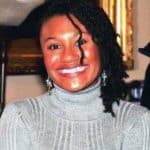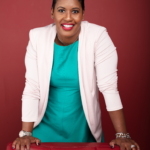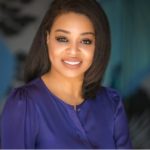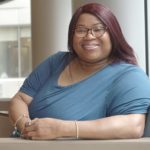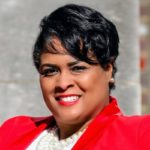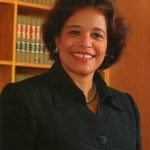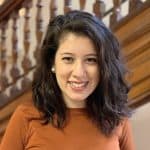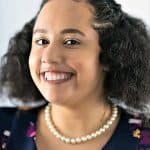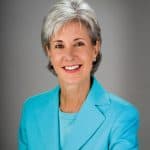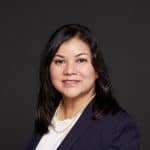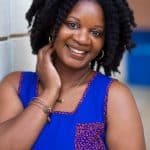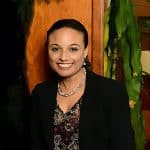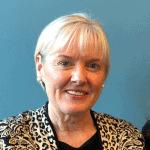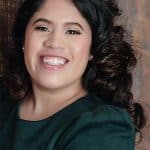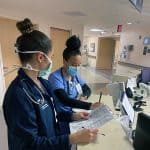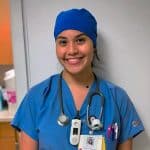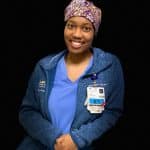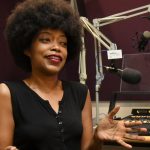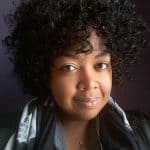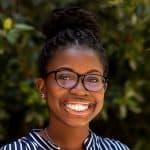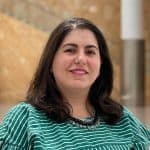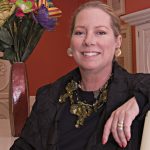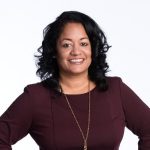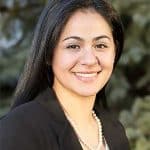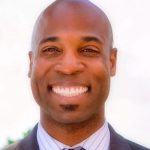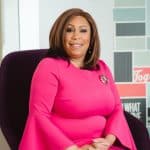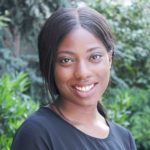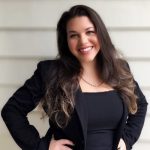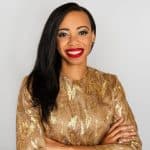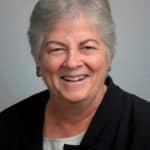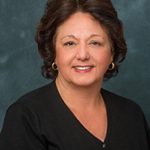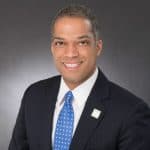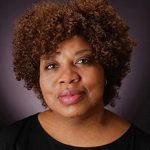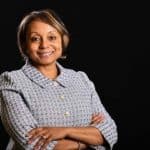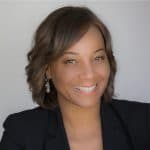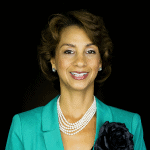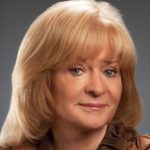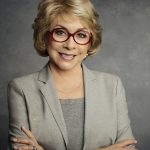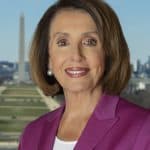Aalayah Eastmond
Criminal Justice Major - BLM and Anti-gun Violence Activist
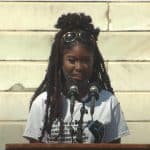 Aalayah Eastmond is a current Trinity student, majoring in criminal justice. She is a graduate of Marjory Stoneman Douglas High School and after surviving the Parkland shooting, she has become a pivotal figure in the youth movement to end gun violence. She testified about gun violence before the Senate and House Judiciary Committees and serves on the executive leadership council of Team ENOUGH, a youth organization supported by Brady, a nonprofit that advocates for gun control. She’s the co-founder and core organizer of Concerned Citizens of D.C. and has organized and spoken at many Black Lives Matter protests. In January 2020, she was honored by the National Action Network, receiving the MLK Day Youth Award and standing next to another honoree, former President Bill Clinton.
Aalayah Eastmond is a current Trinity student, majoring in criminal justice. She is a graduate of Marjory Stoneman Douglas High School and after surviving the Parkland shooting, she has become a pivotal figure in the youth movement to end gun violence. She testified about gun violence before the Senate and House Judiciary Committees and serves on the executive leadership council of Team ENOUGH, a youth organization supported by Brady, a nonprofit that advocates for gun control. She’s the co-founder and core organizer of Concerned Citizens of D.C. and has organized and spoken at many Black Lives Matter protests. In January 2020, she was honored by the National Action Network, receiving the MLK Day Youth Award and standing next to another honoree, former President Bill Clinton.
In August 2020, she spoke powerfully on the steps of the Lincoln Memorial in August 2020 at the March on Washington 2020, which drew thousands to Washington, D.C., and had a fresh urgency, after months of protests following the deaths of George Floyd and Breonna Taylor.
“I am one of the millions of young Black women who make up the backbone of the American progressive movement,” she said. “Like too many of us, my journey of activism started by a senseless act of gun violence, when a fellow student opened fire in my classroom in Parkland, Florida. That day, I was born again with a voice that cannot, and will not, be muzzled.”
“Gun violence is pervasive and extends well beyond high profile mass shootings. Gun violence extends beyond the path of a bullet and creates multi-generational cycles of poverty as well as social and economic injustices. In many ways, gun violence is the last domino to fall at the end of a long line of racism, trauma and indifference. But this is not inevitable. Community-based intervention programs throughout the country have proven that holistic, culturally sensitive, embedded teams can stop violence before it starts. We demand funding for these programs.”
She closed her speech with a clarion call for justice: “We demand to live in peace. We demand to live in spaces where the best of Black culture can thrive, where Black men are more likely to have a mortgage and a picket fence than a record, where Black women are business executives and vice presidents.”
